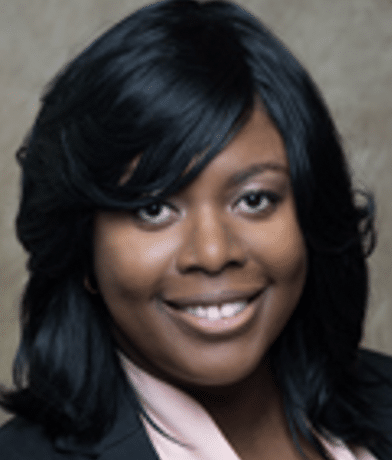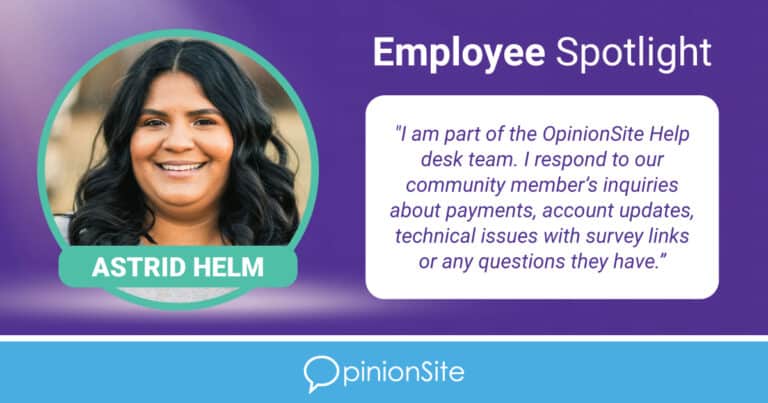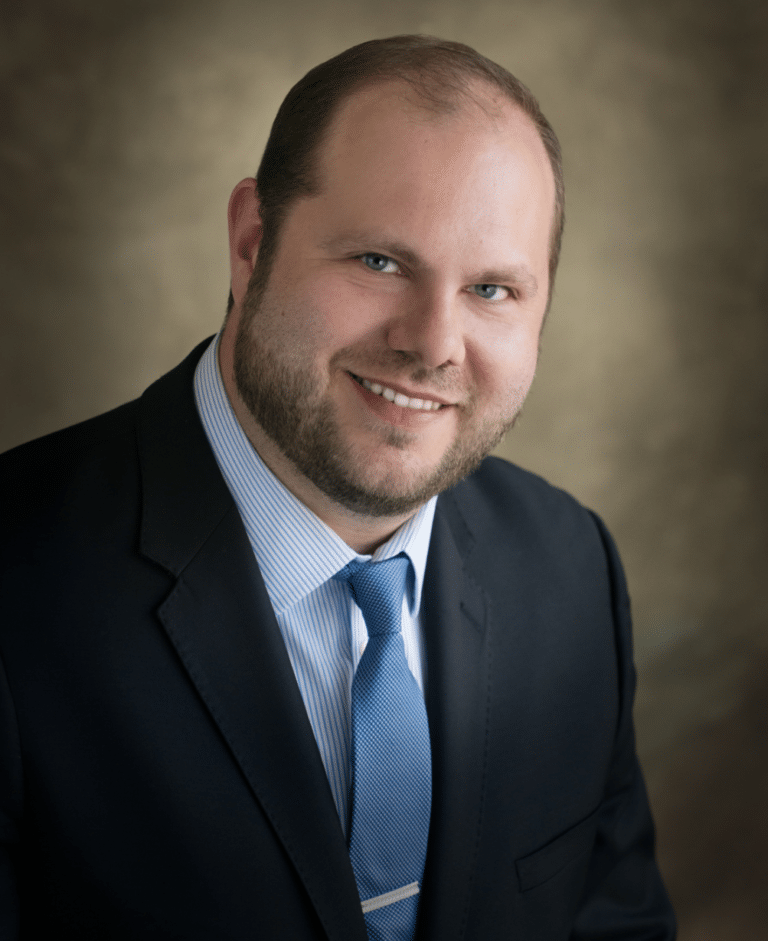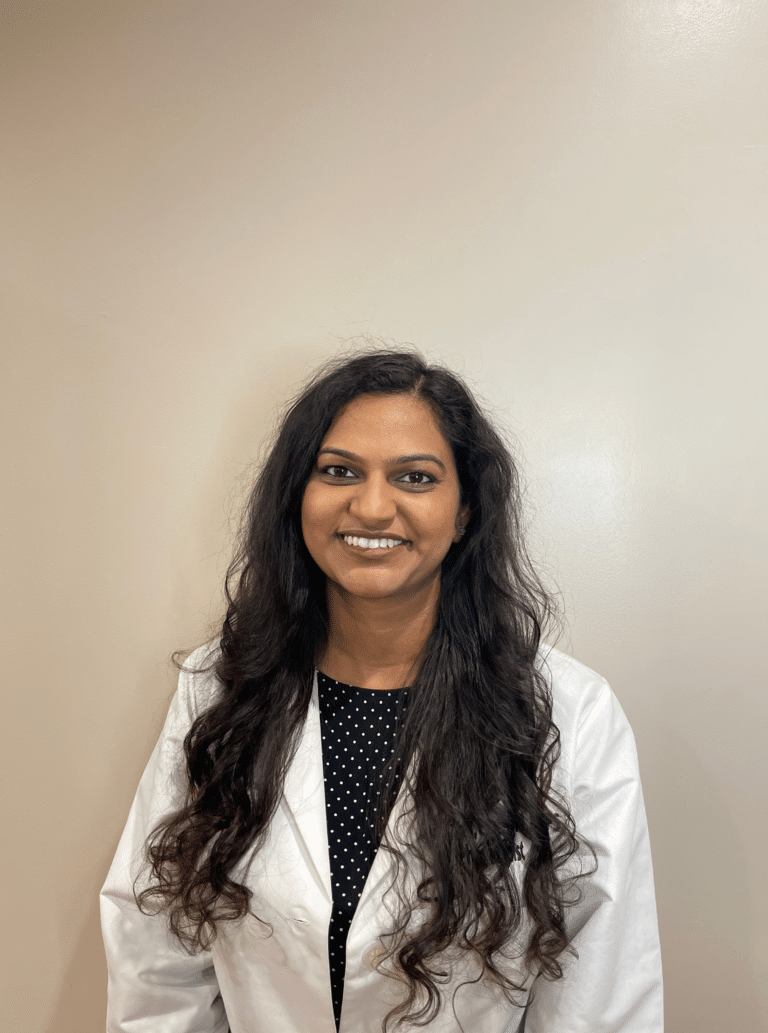I was in the middle of ICU rounds in Columbus Ohio at a level 1 trauma center, and my phone kept buzzing in my white coat. Who is trying to reach me?! It was my sister-in-law’ she had called four times. My heart immediately sank; then it began racing. Then it sank again. She never calls me more than once, and all my family members knew not to call me back to back (except for my five-year-old nephew) unless it was an emergency. I was barely able to call her back, my hands were shaking so badly. She informed me that my older brother was scheduled for surgery that night in Dayton, Ohio. They found a mass in his colon. It needed to be removed, tonight. Without a second thought, I was on the highway, making an hour-long drive to Dayton, in less than 40 minutes.
As a primary care physician, I am passionate about preventative health. As an African American, I am deliberate about screening high-risk ethnic groups sooner, when recommended. As a sister, I was devastated that my 46-year-old brother did not have his screening colonoscopy at age 45.
Colonoscopies save lives. There are other modalities to screen for colorectal cancer, but none are as effective as colonoscopies. Next year, I will be scheduling my first colonoscopy, 10 years before the age of diagnosis of a first-degree relative. My brother is now cancer free and I am even more passionate about getting a thorough family history and educating patients on the importance of timely colon cancer screenings, in the form of colonoscopies.
The average colonoscopy takes about 30 minutes! So please encourage all age (and history) appropriate patients to get their colonoscopies.
But remember, at the end of the day, ANY colon cancer screening modality is better than no screening. Offer those patients that decline a colonoscopy yearly fecal occult blood testing, or flex sigmoidoscopy every 5 years.
Did you know:
- Colon cancer is still the second leading cause of cancer deaths
- 60% of deaths from colon cancer could have been prevented with appropriate screenings
- 90% of new colon cancer cases occur in people 50 years and older
- 1 in 20 people will be diagnosed with colon cancer in their lifetime
Let us lead by example and make sure we are getting our age-appropriate cancer screenings, including colonoscopies. If you are due, please schedule an appointment today.
Lola Oluyitan, MD, MHMS




